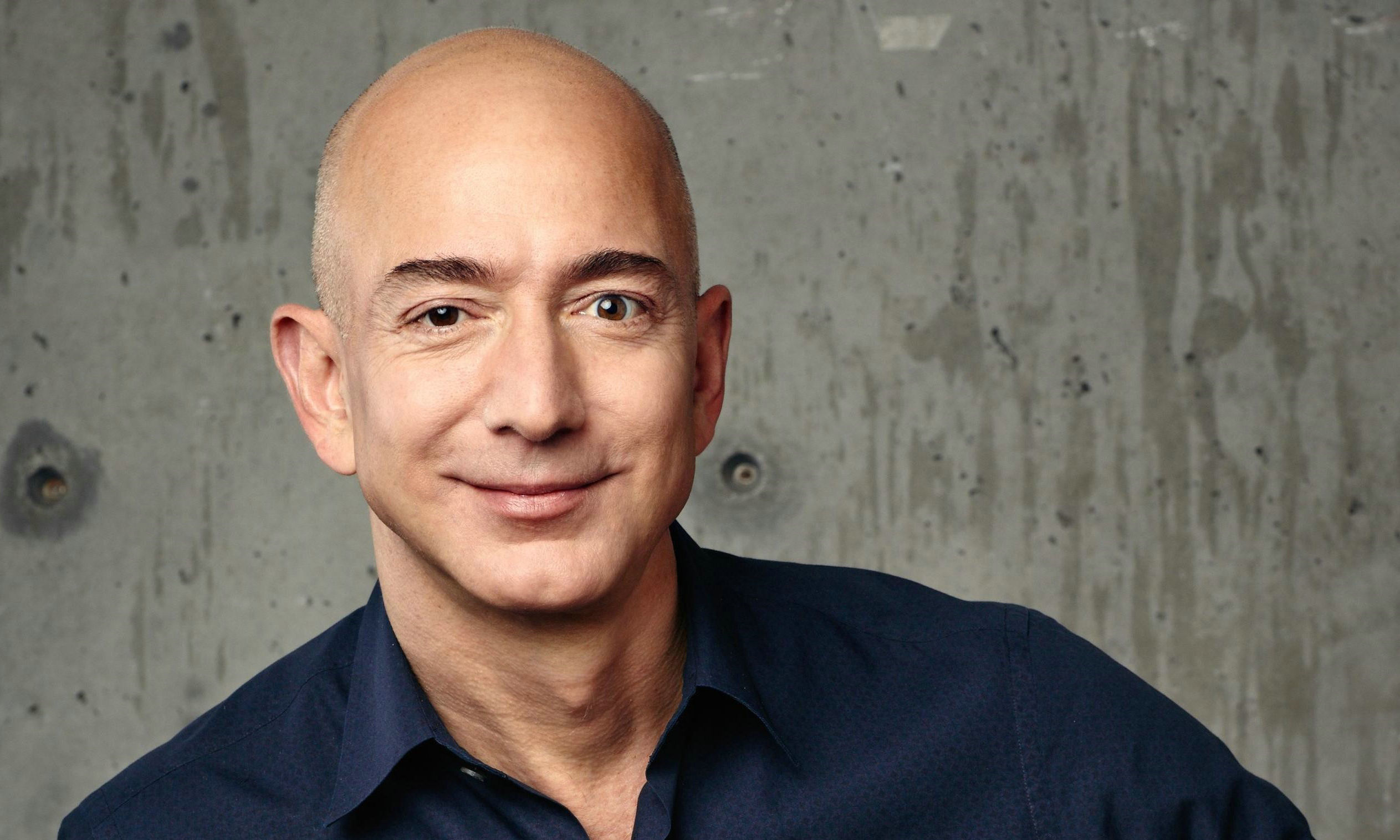"I prefer to understand the world rather than make money." - Larry Page. This powerful statement reveals the original intention of this Silicon Valley legend. In the vast starry sky of the Internet, Larry Page is undoubtedly one of the brightest stars. He is the co-founder of the search engine giant Google, and with a simple search box, he has changed the way information is obtained by billions of people around the world. His innovative spirit, unique thinking mode and profound sense of social responsibility have constituted his life map and also left profound inspiration for our era. Let's follow Page's footsteps, explore the code of his success, and feel the shock and enlightenment he brings to the world.
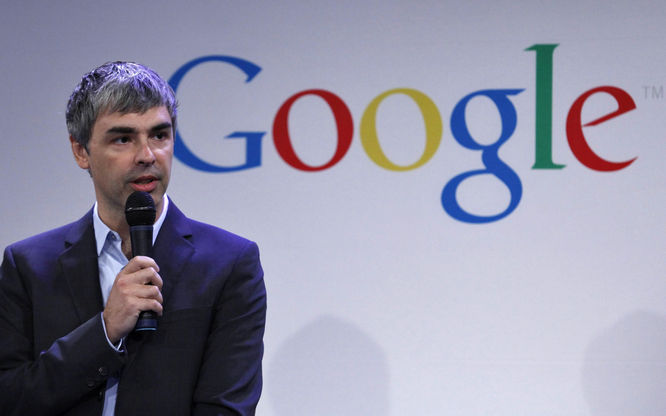
I. Dream Sets Sail: From Academic Enthusiasm to Silicon Valley Legend
1. Academic Enthusiasm: Igniting the Spark of Dream
Larry Page, a name closely linked to the search engine giant Google, but his story begins in a laboratory at the University of Michigan. Here, he is obsessed with the research of information retrieval technology, and his academic enthusiasm is like a fire. In 1996, Page and his graduate school partner Sergey Brin jointly developed a search engine named "BackRub", and its unique PageRank algorithm, which sorts based on the link relationship between web pages, subverted the search mode mainly based on keyword density at that time. This project born in the laboratory is like a kindling ignited by academic enthusiasm, quietly illuminating the road to Silicon Valley.
2. Silicon Valley Legend: Dream Turns into Reality
In 1998, Page and Brin renamed "BackRub" to Google and officially founded the company in a garage in Menlo Park, California. They firmly believe: "The perfect search engine should understand all the information in the world and make it useful and accessible." (Page's words) This profound insight into the way of information acquisition has made Google stand out rapidly. According to statistics, only one year after its establishment, Google handled more than 10,000 search requests every day, and by the time it went public in 2004, this number soared to 200 million times, and Google became the largest search engine in the world.
However, Page did not stop here. He deeply understands the concept of "Innovation is the only way out, otherwise we will eventually perish." (Page's words), leading Google to continuously expand its business boundaries, launch products such as Gmail, Google Maps, Android operating system, etc., and build a huge Internet ecosystem. Today, Google has become one of the companies with the highest market capitalization in the world, with an annual revenue of more than 180 billion US dollars and serving billions of users around the world, truly realizing the dream of "understanding and making the world's information useful and accessible".
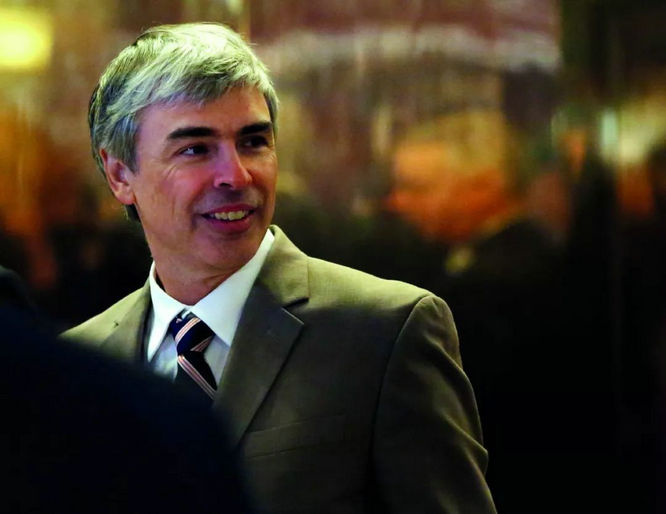
3. In-depth Analysis: Key Elements for Dream to Set Sail
Page's success is not accidental, but stems from his persistent pursuit of academic research, acute insight into technological innovation, and firm belief in his dream. The following points are particularly crucial:
Academic background and innovative spirit: Page's profound academic background endows him with a unique perspective and the ability to solve problems. The PageRank algorithm is the crystallization of his knowledge and innovative spirit. It not only changed the search engine industry but also laid the technical foundation for Google.
User-oriented product concept: "User first" has always been the principle that Page adheres to. Whether it is the original search engine or the subsequent various products, they all aim to provide users with the most convenient and accurate information acquisition experience, which is the key for Google to win the favor of users and achieve rapid development.
Long-term vision and strategic pattern: Page is not satisfied with a single search engine business but actively layouts a diversified product line and builds an Internet ecosystem. This forward-looking strategic thinking enables Google to remain unbeaten in the rapidly changing technological tide.
II. Disruptive Management: From "20% Time" to "OKR"
1. "20% Time": The Hotbed of Innovation
The "20% time" policy is a bold challenge by Page to the traditional work model. He encourages employees to spend 20% of their working time on projects that they are interested in, regardless of whether these projects are directly related to their current responsibilities. This seemingly "rebellious" approach actually contains Page's unique understanding of innovation: "The greatest inventions often come from the collision of those seemingly unrelated ideas." (Page's words).
Facts have proved that "20% time" is like an innovation furnace, giving birth to many projects that have changed the world. Iconic products such as Gmail, AdSense, and Google News were all born under this system. According to statistics, as of 2015, about 50% of Google's products originated from the innovation attempts made by employees using "20% time", and the annual income of these products accounted for nearly 20% of the company's total revenue, which strongly verified the value of this policy.
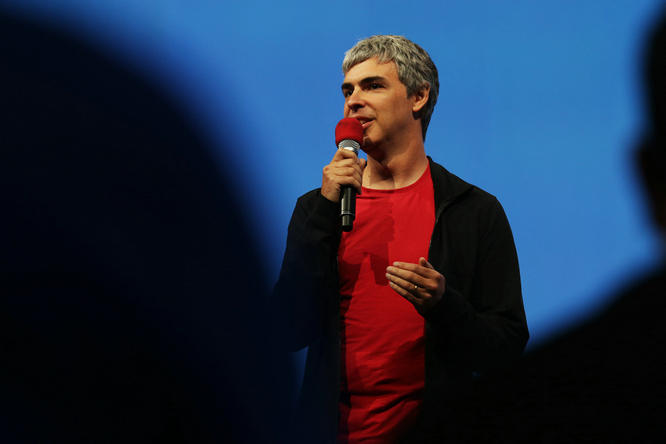
1. OKR: Focus on Goals and Drive Efficient Execution
If "20% time" is the free soil that inspires innovation, then OKR is the precise compass that guides the team to efficiently execute and achieve strategic goals. OKR was introduced into Google by John Doerr, but it was under Page's vigorous promotion that this management tool flourished in Google and gradually influenced the world.
OKR emphasizes setting clear and challenging goals (Objectives) and matching them with quantifiable and traceable key results (Key Results). Page once said: "OKR keeps us focused while allowing us to flexibly respond to changes." This goal-oriented and result-defined management model enables Google to always maintain strategic focus, efficient execution, and continuous innovation in the rapidly changing market environment.
Taking Google's launch of the social network Google+ in 2011 as an example, in the face of the strong competition from Facebook, Page clearly defined the goal of "attracting 100 million active users within the year" through OKR, and then the team formulated a series of key results around this goal, such as optimizing the user experience and increasing the sharing function. Although Google+ failed to disrupt the social field in the end, the application of OKR undoubtedly enhanced the team's execution ability and enabled Google to make significant progress in a short period of time.
1. In-depth Analysis: The Core Value of Disruptive Management
Page's disruptive management has not only changed Google but also triggered a management revolution globally. Its core value is reflected in:
1. Shaping the Innovation Culture: The "20% time" policy breaks the boundary between work and innovation, giving employees sufficient freedom and space to explore and make mistakes, thus creating a strong innovation atmosphere and making innovation a part of the corporate DNA.
2. Strategic Focus and Efficient Execution: OKR helps the team focus on core tasks by clarifying goals and quantifying results, avoiding the dispersion of resources. At the same time, the characteristics of regular review and open transparency ensure the dynamic adjustment and efficient execution of goals, enabling the enterprise to remain agile in a complex environment.
3. Stimulating the Potential of Talents: Both "20% time" and OKR emphasize the value and initiative of individuals, giving employees sufficient trust and responsibility, thereby stimulating their intrinsic motivation and improving the overall organizational effectiveness.
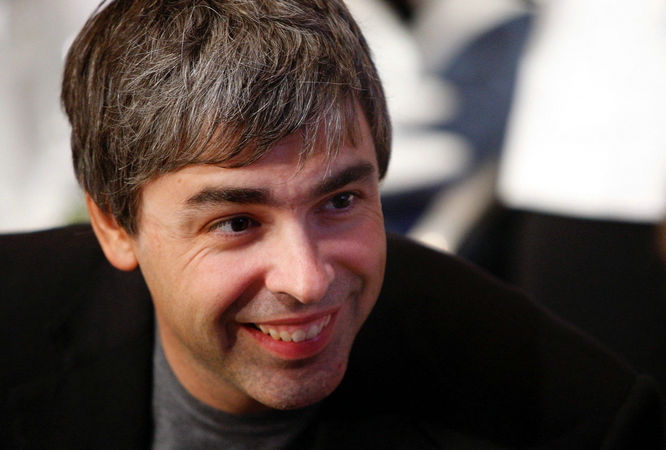
III. Future Vision: From the Internet to Artificial Intelligence
1. Internet Era: Weaving the Global Information Network
Page's understanding of the Internet goes beyond a simple information transmission tool. He believes: "The Internet is an extension of the human brain, connecting our knowledge, experience, and imagination to form a global wisdom network." (Page's words). Under this concept, Google, with its powerful search engine, free email service, accurate map navigation and other products, successfully weaved a "information network" covering the whole world, making knowledge accessible and greatly promoting the prosperity of the information age.
Data confirms Page's foresight. As of 2024, the global Internet users have reached 5 billion, Google's search engine processes more than 5 billion search requests per day, Gmail has more than 1.5 billion active users, and Google Maps has more than 1 billion monthly active users. Behind these numbers is Page's deep insight and precise grasp of the power of the Internet.
2. Artificial Intelligence Era: Opening a New Era of Intelligence
When the Internet wave sweeps the world, Page has already set his sights on the next technological frontier - artificial intelligence. He once predicted: "Artificial intelligence will be a more important transformative force than electricity and the Internet." (Page's words). Therefore, under Page's leadership, Google has invested heavily in researching and developing AI technology, acquiring DeepMind, developing the TensorFlow open source platform, creating the AI assistant Google Assistant, and laying out in the field of autonomous driving Waymo, etc., fully entering the field of artificial intelligence.
Facts have proved that Page's prediction is accurate. According to the IDC report, it is expected that by 2024, the global AI market will reach 500 billion US dollars. As a leader in this field, Google's AI products and services have penetrated into all walks of life, such as medical diagnosis, financial risk control, educational counseling, industrial manufacturing, etc., which are profoundly changing people's lifestyles and working methods.
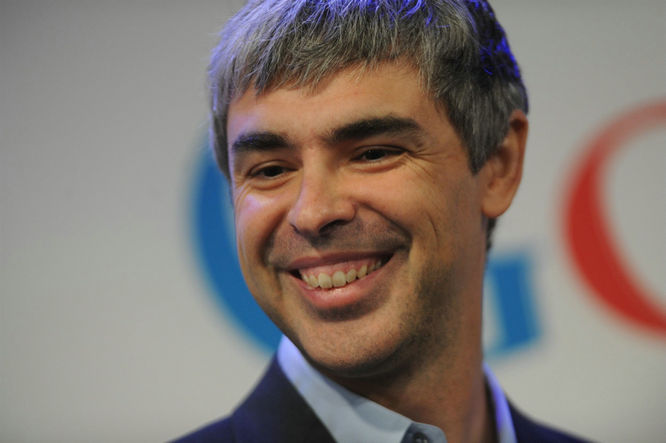
3. In-depth Analysis: Two Characteristics of Future Vision
Page's accurate grasp of future technological trends stems from two characteristics of his vision:
1.Insights into the Future and Leading Change: Page firmly believes in the power of technology and can foresee and actively promote major technological changes. Whether it is the popularization of the Internet or the rise of artificial intelligence, he can make advance layouts and seize the opportunities, showing outstanding strategic vision.
2.People-oriented and Technology for Good: Page always insists that technology should serve people and improve life. He emphasizes: "The technology we create must respect human dignity and enhance human well-being." (Page's words). Whether it is to eliminate the information gap through the Internet or to improve the quality of life with the help of AI, it all reflects his people-oriented concept of technology.
IV. Era Inspiration: Innovation, Vision, and Responsibility
The success code and era inspiration of Larry Page can be summarized into the following three points:
1. Innovation as the Soul: Whether it is a technological product or enterprise management, only by continuous innovation can one remain unbeaten in the rapidly changing technological tide.
2. Forward-looking Vision: Grasp the trend of technological development, dare to explore unknown fields, and plan the development of the enterprise from a long-term perspective, so as to lead industry changes and shape the future.
3. Technology for Good: While pursuing commercial success, adhere to the moral bottom line, actively take on social responsibilities, and use technology to bring benefits to all mankind.
Larry Page, this innovative giant in Silicon Valley, has shaped an era belonging to Google with his wisdom, courage, and sense of responsibility. His story is like a vivid textbook, guiding us to remember the original intention and shoulder the mission while exploring the boundaries of technology, and contribute to building a better future.
